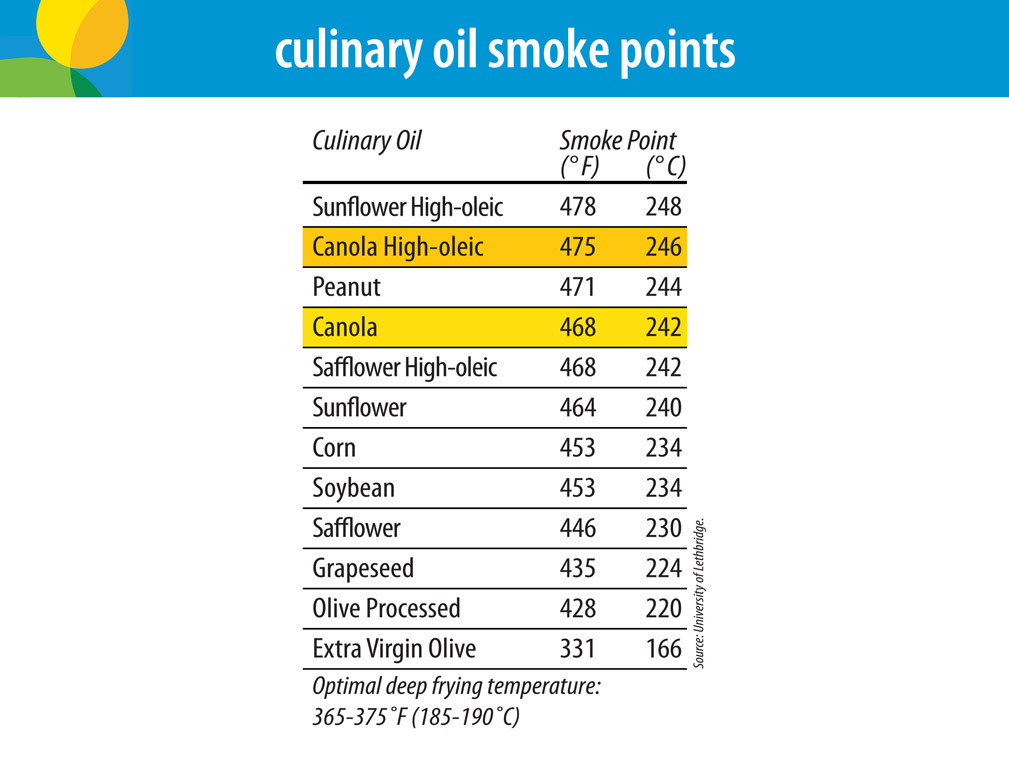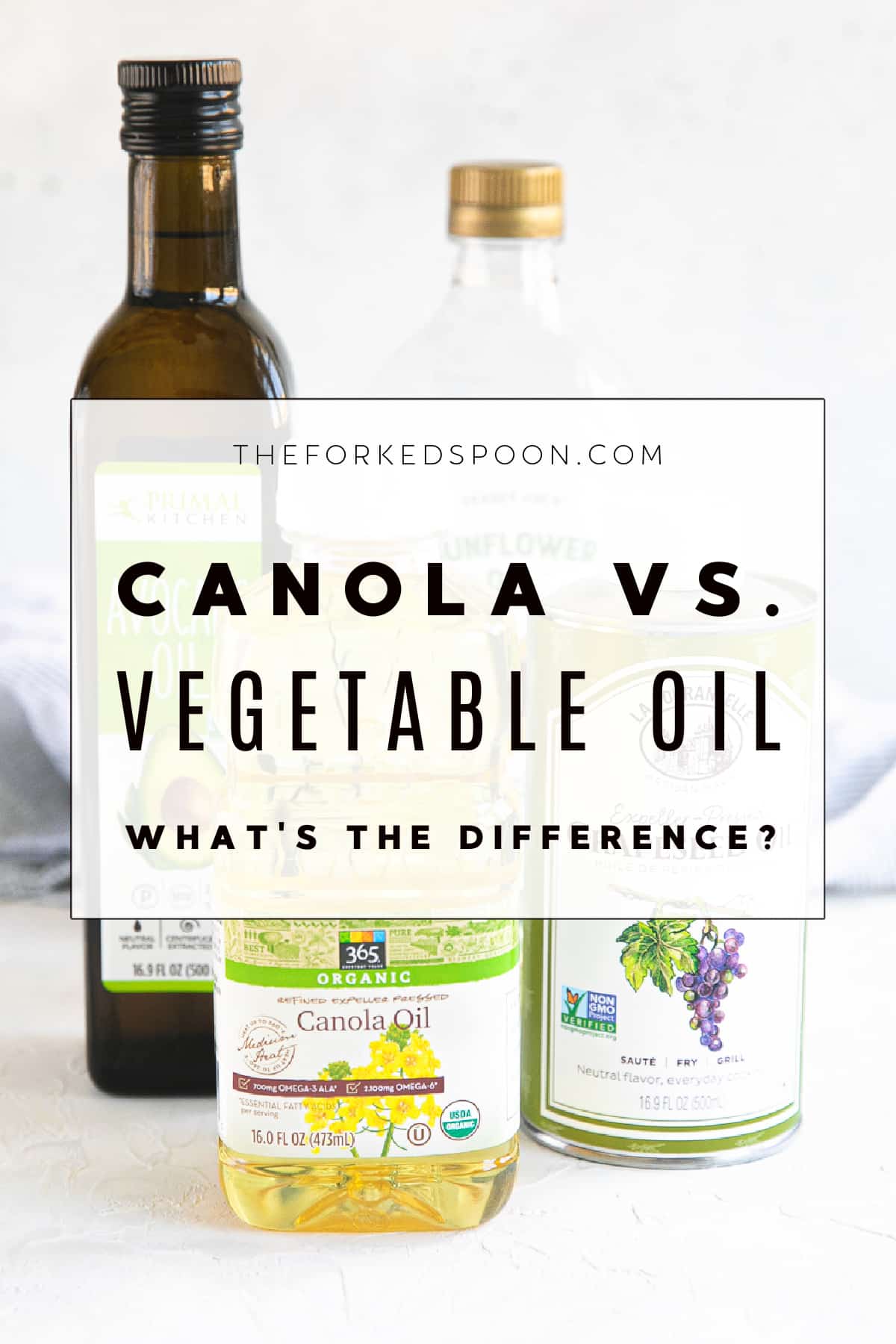Background Information

Background Information: Soybean oil and canola oil are two commonly used cooking oils in households and restaurants around the world. While both oils have their own unique characteristics, understanding their composition, nutritional benefits, cooking properties, health implications, and environmental impact can help individuals make informed decisions about which oil to use in their daily cooking routines. These factors play a significant role in determining the overall quality, taste, and healthiness of the oils, making it essential to understand the similarities and differences between soybean oil and canola oil. So let's dive into the showdown between these two oils and explore the various aspects that differentiate them.
1. Introduction to Soybean Oil

Soybean oil, derived from soybeans, is a widely used vegetable oil known for its mild flavor and versatile cooking properties. It is high in polyunsaturated fats, specifically omega-6 fatty acids, which are important for maintaining overall health. Soybean oil is commonly used in frying, baking, salad dressings, and marinades. Its neutral taste allows it to blend well with various ingredients, making it a popular choice in both professional kitchens and everyday cooking. With its abundance and affordability, soybean oil has become a staple in many households worldwide.
2. Introduction to Canola Oil

Canola oil, derived from the seeds of the canola plant, is a popular vegetable oil known for its mild flavor and versatility. It was developed through breeding programs to have lower levels of erucic acid and glucosinolates compared to traditional rapeseed oil. Canola oil has a favorable balance of monounsaturated and polyunsaturated fats, including omega-6 and omega-3 fatty acids. It is commonly used in cooking, baking, and salad dressings. The neutral taste of canola oil allows it to blend well with various ingredients, making it a versatile choice in the kitchen. So, let's continue to explore the nutritional benefits and cooking properties of both soybean and canola oil.
Nutritional Comparison

When comparing the nutritional profiles of soybean oil and canola oil, some key differences emerge. Soybean oil is higher in omega-6 fatty acids, which can promote inflammation when consumed in excess. It does, however, contain vitamins E and K. On the other hand, canola oil has a better omega-6 to omega-3 ratio and a lower saturated fat content compared to soybean oil. Moderation is still important when consuming both oils.
1. Nutritional Benefits of Soybean Oil

Soybean oil is rich in omega-6 fatty acids, which can promote inflammation when consumed in excess. It also contains vitamins E and K. To reap the nutritional benefits of soybean oil, use it in moderation and as part of a balanced diet. Incorporate it into salad dressings, marinades, or as a cooking oil for stir-fries and sautés. Remember, moderation is key when consuming any oil.
2. Nutritional Benefits of Canola Oil

Canola oil offers several nutritional benefits, making it a healthy choice. It is low in saturated fat and contains a good balance of monounsaturated and polyunsaturated fats. These fats can help improve heart health by reducing LDL cholesterol levels. Canola oil also contains vitamin E, which acts as an antioxidant and helps protect cells from damage. Incorporate canola oil into your cooking and salad dressings to enjoy its nutritional advantages. Remember to use it in moderation as part of a balanced diet.
Cooking Applications

1. Cooking Applications of Soybean Oil
Soybean oil is a versatile cooking oil that can be used in a variety of culinary applications. Its high smoke point makes it suitable for frying, stir-frying, and deep-frying. It can also be used as a base for salad dressings and marinades due to its mild flavor. Additionally, soybean oil can be used for baking, sautéing vegetables, and grilling meats. Its versatility and neutral taste make it a popular choice in many kitchens.
1. Cooking Properties of Soybean Oil

Soybean oil is known for its versatility in cooking. With its high smoke point, it is perfect for frying, stir-frying, and deep-frying. Its mild flavor also makes it a great base for salad dressings and marinades. Additionally, soybean oil can be used for baking, sautéing vegetables, and grilling meats. Its neutral taste and ability to withstand high heat make it a popular choice in many kitchens. So, next time you're in the kitchen, consider reaching for soybean oil for all your cooking needs.
2. Cooking Properties of Canola Oil

Canola oil is known for its versatility in cooking, just like soybean oil. With its high smoke point, it is perfect for frying, stir-frying, and deep-frying. It also has a mild flavor, making it ideal for salad dressings and marinades. Canola oil can be used for baking, sautéing vegetables, and grilling meats as well. Its neutral taste and ability to withstand high heat make it a popular choice in many kitchens, offering similar cooking properties to soybean oil.
Health Implications

Soybean and canola oil have different health implications. While soybean oil is rich in omega-6 fatty acids, which can have anti-inflammatory effects, canola oil offers a more favorable balance of monounsaturated and polyunsaturated fats, including omega-6 and omega-3 fatty acids. Consuming these oils in moderation can provide various health benefits, such as supporting heart health and reducing inflammation. However, it is important to consider the overall dietary balance and individual health needs when incorporating these oils into your diet.
1. Health Effects of Consuming Soybean Oil

Consuming soybean oil in moderation can have health implications. Due to its high content of omega-6 fatty acids, it may have anti-inflammatory effects. However, excessive consumption of soybean oil can promote inflammation. It is important to maintain a balanced intake and consider individual health needs when incorporating soybean oil into the diet.
2. Health Effects of Consuming Canola Oil

- Health Effects of Consuming Canola Oil:
– Consuming canola oil in moderation can have health benefits.
– Canola oil is rich in monounsaturated fats, which have been associated with reduced risk of heart disease.
– It also contains omega-3 fatty acids, which can help lower cholesterol levels.
– Canola oil may also have anti-inflammatory properties, which can help reduce the risk of chronic diseases.
– However, like any oil, excessive consumption of canola oil can lead to weight gain and other health issues.
– It is important to use canola oil in moderation and as part of a balanced diet.
Environmental Impact

Environmental Impact of Soybean and Canola Oil Production
The production of soybean oil has been associated with negative environmental impacts, such as deforestation. Large areas of land are cleared to make way for soybean plantations, leading to habitat destruction and loss of biodiversity. On the other hand, canola oil production has a smaller environmental footprint. It requires less land and has been found to have a lower water footprint compared to soybean oil. To minimize the environmental impact of oil production, it is important to prioritize sustainable farming practices and efficient production methods.
1. Sustainability of Soybean Oil Production

Soybean oil production has raised concerns about deforestation due to large-scale land clearance for soybean plantations. To address sustainability, responsible farming practices and efficient production methods are crucial. Farmers can implement techniques like crop rotation, integrated pest management, and soil conservation to minimize environmental impact. Additionally, utilizing energy-efficient machinery and reducing chemical fertilizer use can further promote sustainability in soybean oil production. Consumers can contribute by choosing sustainably produced soybean oil or seeking alternative oils with lower environmental footprints.
2. Sustainability of Canola Oil Production

The sustainability of canola oil production is a growing concern due to its environmental impacts. To address this, farmers can implement sustainable farming practices such as crop rotation, integrated pest management, and soil conservation. Additionally, reducing the use of chemical fertilizers and implementing energy-efficient machinery can help minimize the ecological footprint of canola oil production. Consumers can also contribute by choosing sustainably produced canola oil or exploring alternative oils with lower environmental impacts.
Conclusion

In conclusion, the comparison between soybean and canola oil reveals that both oils have their own unique benefits and culinary uses. While soybean oil is rich in omega-6 fatty acids, canola oil offers a more favorable balance of monounsaturated and polyunsaturated fats, including omega-6 and omega-3 fatty acids. When choosing between the two oils, it is important to consider your dietary needs and cooking preferences. Both oils can be incorporated into a healthy diet when consumed in moderation. Experiment with different oils to find the one that best suits your needs.
Comparison of Soybean Oil and Canola Oil

Soybean oil and canola oil are two popular vegetable oils that differ in their nutritional composition and cooking properties.
- Soybean oil is rich in omega-6 fatty acids and is commonly used for frying and baking.
- Canola oil, on the other hand, has a more balanced profile of monounsaturated and polyunsaturated fats, including omega-3 fatty acids. It is often used in salad dressings and as a substitute for butter or margarine.
- When choosing between the two oils, consider your dietary needs and cooking preferences. Both can be part of a healthy diet when consumed in moderation.
Which Oil is the Healthier Choice?

When it comes to choosing the healthier oil between soybean oil and canola oil, canola oil is often considered the better option. This is because canola oil has a lower saturated fat content, higher monounsaturated fat content, and contains omega-3 fatty acids which contribute to heart health. While soybean oil is a good source of polyunsaturated fats and vitamin E, canola oil is generally seen as the healthier choice overall.
DK FAQ MARK
FAQ about Oil Showdown: Soybean vs Canola Oil
Q: What are the main differences between soybean and canola oil?
A: Soybean oil is extracted from soybeans and has a mild flavor, while canola oil comes from rapeseeds and has a neutral taste. Canola oil also has a higher smoke point than soybean oil.
Q: Which oil is healthier, soybean or canola oil?
A: Canola oil is considered healthier as it is low in saturated fats and high in healthy fats like omega-3 fatty acids. Soybean oil, on the other hand, has a higher amount of omega-6 fatty acids.
Q: Can both soybean and canola oils be used for frying?
A: Yes, both soybean and canola oils have high smoke points, making them suitable for frying and deep-frying. Canola oil, with its higher smoke point, is often preferred for high-heat cooking methods.
Q: Are soybean and canola oils suitable for baking?
A: Both soybean and canola oils are commonly used in baking due to their neutral flavors and ability to keep baked goods moist. Canola oil is often preferred in recipes that require a lighter taste.
Q: Do soybean and canola oils differ in terms of price?
A: Canola oil is usually priced slightly higher than soybean oil due to its healthier reputation and production costs. However, prices may vary based on location and brand.
Q: Which oil is more versatile, soybean or canola oil?
A: Canola oil is considered more versatile than soybean oil due to its neutral flavor, high smoke point, and healthier fat profile. It can be used in a wide range of cooking methods and recipes.

The Finer Diner has a rich history deeply rooted in the Mt. Oliver and Hilltop community. Our journey began with a simple yet ambitious vision – to create a welcoming space where friends and families could come together to enjoy delicious, comforting meals in a classic diner-style setting. Since our establishment, we have been dedicated to serving food, creating lasting memories, and fostering a sense of belonging within our community. Our commitment to quality, authenticity, and exceptional service has been the cornerstone of our success.